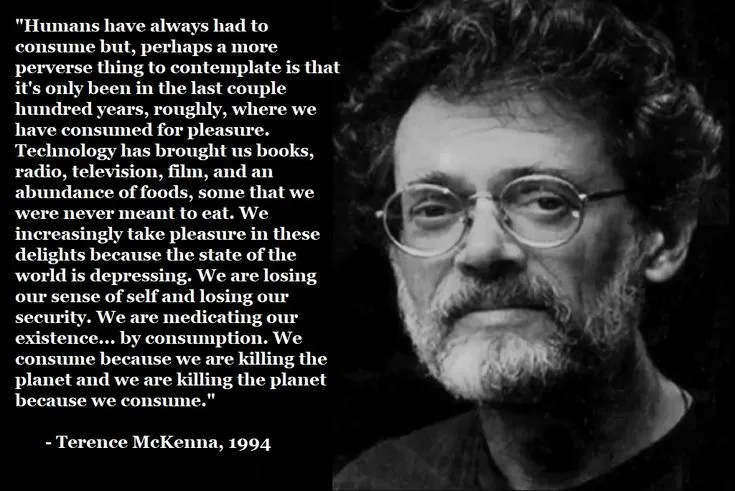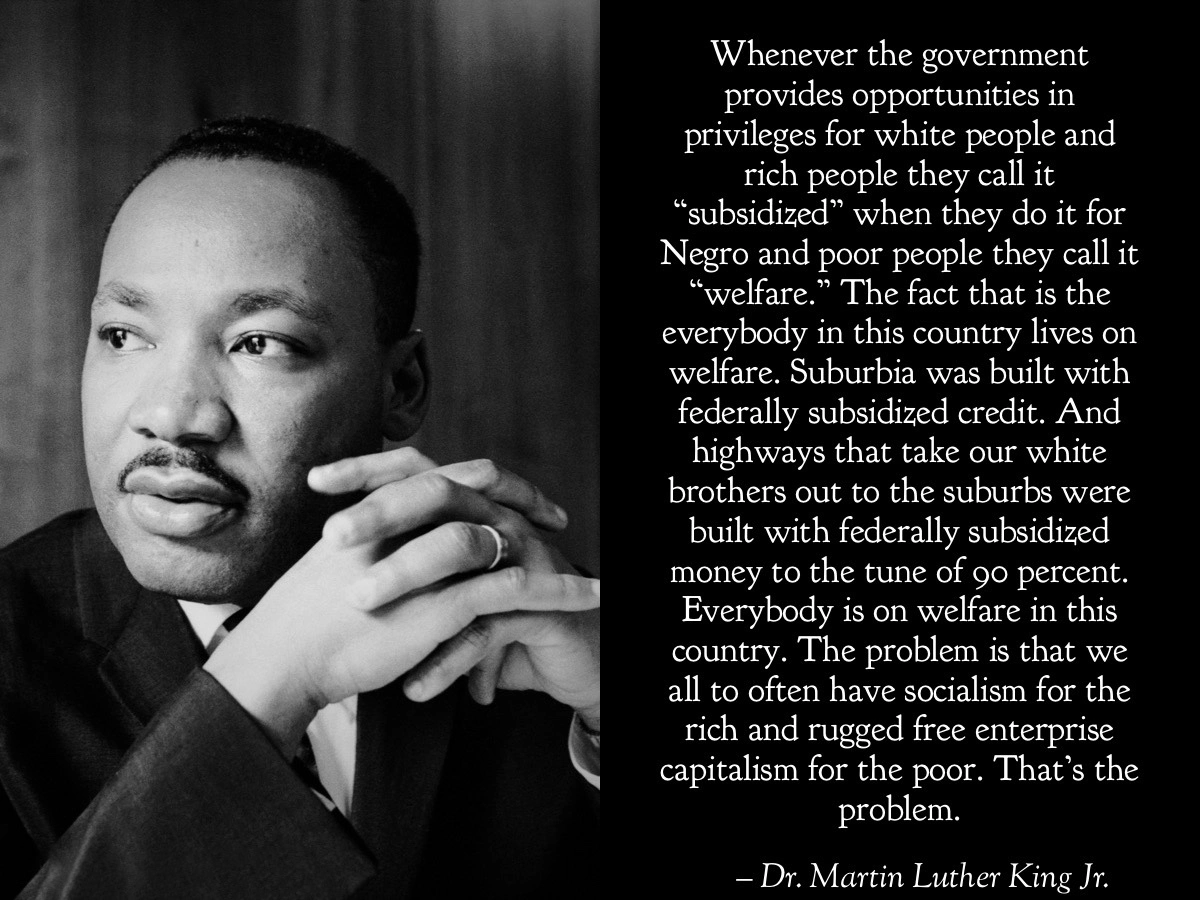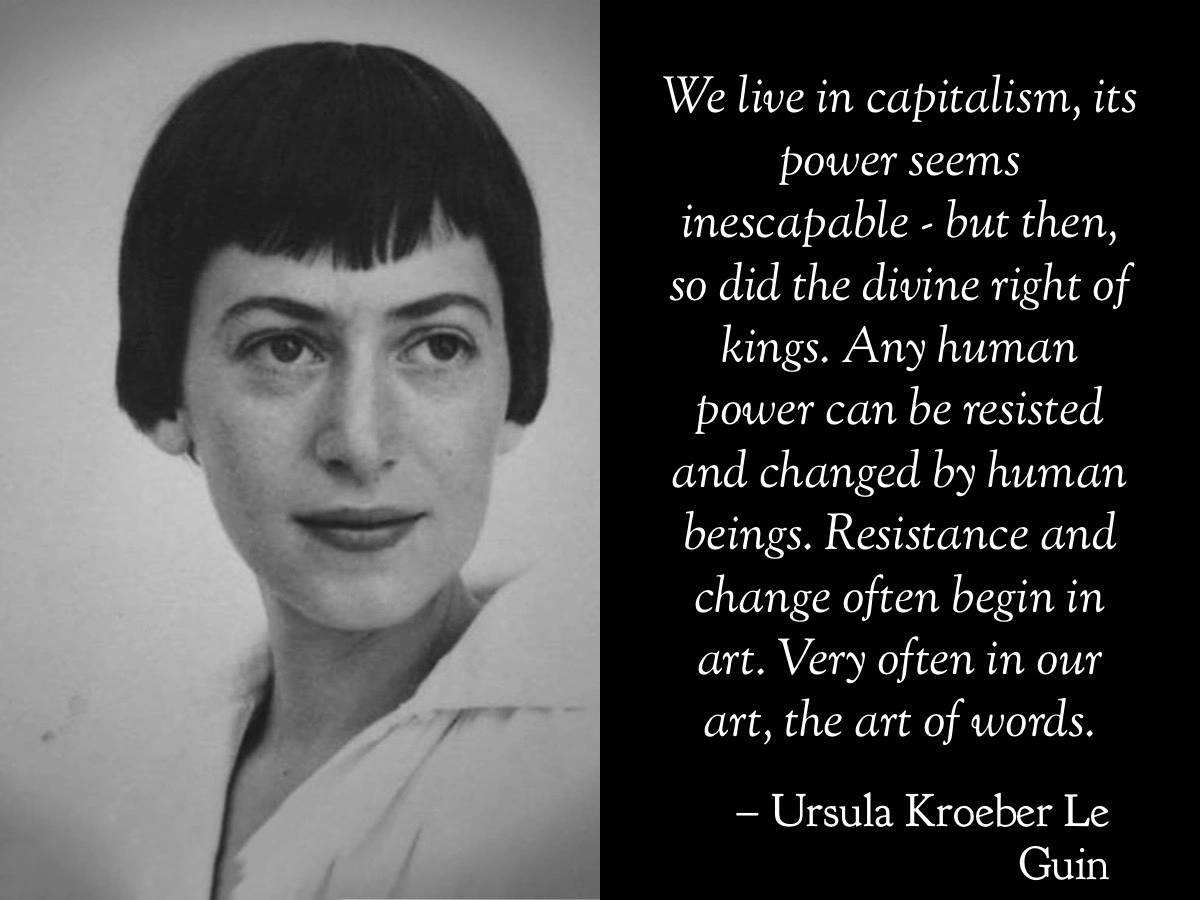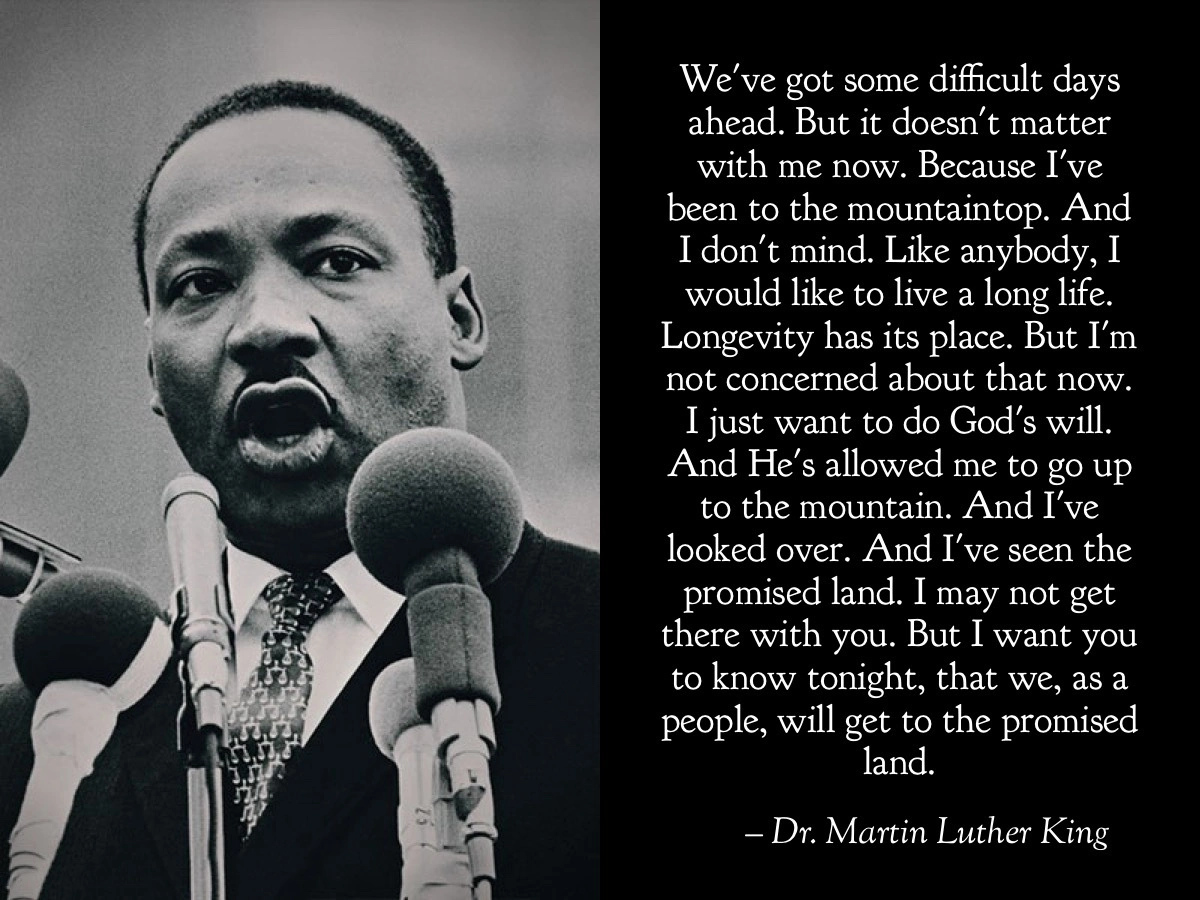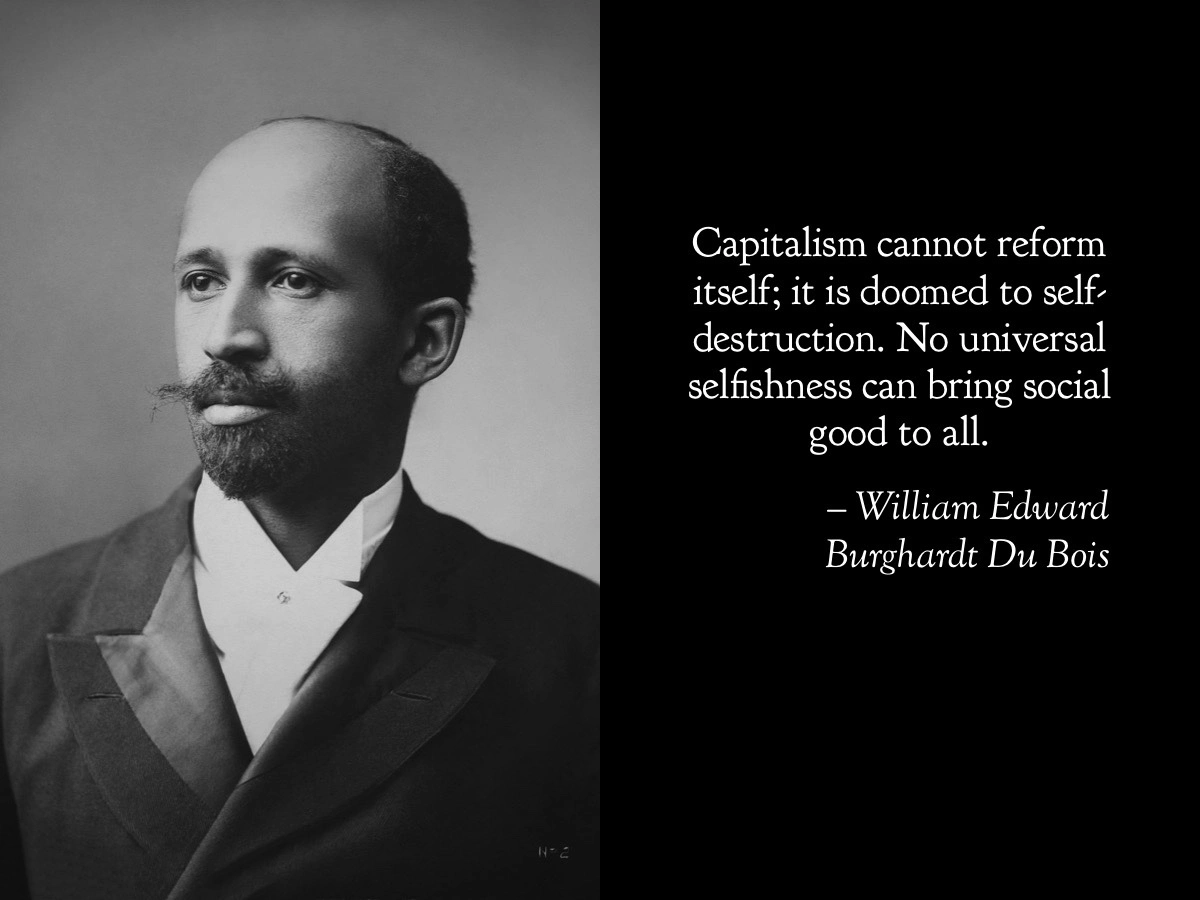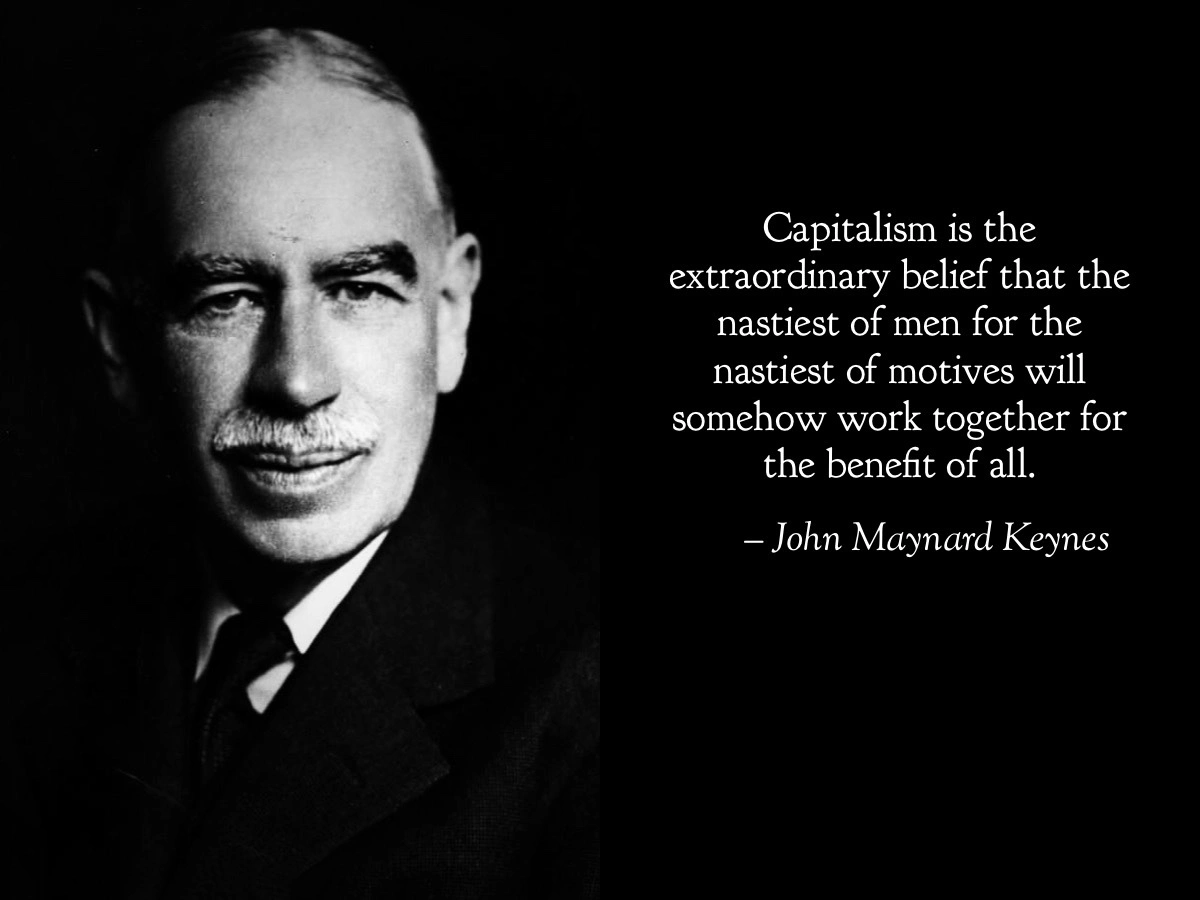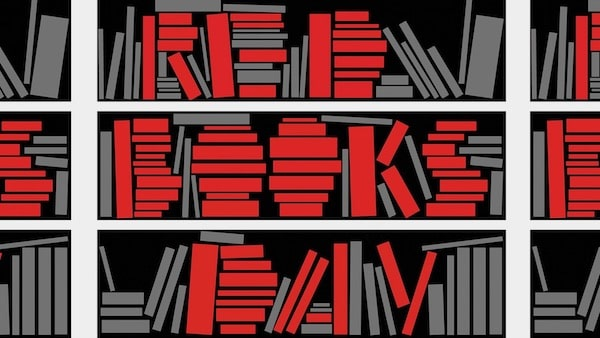

-
Hawkeye: War isn’t Hell. War is war, and Hell is Hell. And of the two, war is a lot worse.
cross-posted from: https://lemmy.world/post/15016805
> Hawkeye: War isn’t Hell. War is war, and Hell is Hell. And of the two, war is a lot worse. > > Hawkeye: War isn’t Hell. War is war, and Hell is Hell. And of the two, war is a lot worse. > > Father Mulcahy: How do you figure, Hawkeye? > > Hawkeye: Easy, Father. Tell me, who goes to Hell? > > Father Mulcahy: Sinners, I believe. > > Hawkeye: Exactly. There are no innocent bystanders in Hell. War is chock full of them - little kids, cripples, old ladies. In fact, except for some of the brass, almost everybody involved is an innocent bystander.
-
First they came for the socialists, and I did not speak out—because I was not a socialist.
cross-posted from: https://lemmy.world/post/14996161
> [Quote] First they came for the socialists, and I did not speak out—because I was not a socialist. > > Edit: > - added [Quote] to title > --- > > First they came for the socialists, and I did not speak out—because I was not a socialist. > > Then they came for the trade unionists, and I did not speak out—because I was not a trade unionist. > > Then they came for the Jews, and I did not speak out—because I was not a Jew. > > Then they came for me—and there was no one left to speak for me. > > —Martin Niemöller
-
"We must not confuse dissent with disloyalty." ~ Edward R. Murrow, 1954


"We must remember always that accusation is not proof and that conviction depends on evidence and due process of law. We will not walk in fear one of another."
-
From 86 Eighty Six. Reminds me of a Certain Country...
“No country would ever consider it an act of evil to deny a pig human rights.
Therefore, if you were to define someone speaking a different tongue, someone of a different color, someone of a different heritage as a pig in human form, any oppression, persecution, or atrocity you might inflict upon them would never be regarded as cruel or inhumane.”
-Vladilena Milize, 86 by Asato Asato
-
When the people will to live, Destiny must surely respond. Oppression shall then vanish. Fetters are certain to break - Aboul-Qacem Echebbi

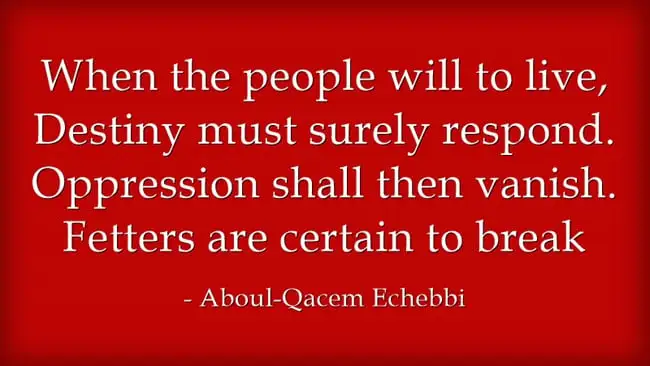
Aboul-Qacem Echebbi, also spelled Abul Qasim Echebbi or Aboulkassem Chebbi, was a prominent Tunisian poet who lived from 1909 to 1934. He is celebrated as one of the most influential figures in modern Arabic poetry. Echebbi's poetry is known for its deep patriotism, themes of social justice, and a passionate call for freedom and liberation from colonial rule.
His iconic poem, "To the Tyrants of the World" ("إلى طاغوت العالم" in Arabic), remains one of his most famous works and a symbol of resistance and was used as the lyrics of the tunisian national anthem. Echebbi's short but impactful life left a lasting legacy, and his verses continue to inspire generations, emphasizing the importance of self-determination and the pursuit of justice.



